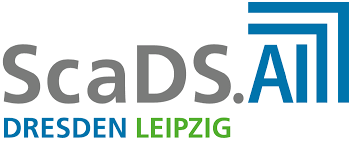Mesenchymal stem cell therapy shows promising results for difficult-to-treat diseases, but manufacturing requires robust quality control through cell confluence monitoring. While deep learning can automate confluence estimation, research on cost-effective dataset curation and the role of foundation models in this task is limited. We investigate effective strategies for AI-based confluence estimation by studying active learning, goal-dependent labeling, and foundation models that require no training or labeling effort (zero-shot). Here, we show that zero-shot inference with the Segment Anything Model (SAM) achieves excellent confluence estimation without any task-specific training, outperforming even fine-tuned and specialized models. Moreover, our findings demonstrate that active learning does not significantly enhance training and performance compared to the random selection of training samples in homogeneous cell datasets. We demonstrate that streamlined labeling approaches tailored to specific goals yield results comparable to those of exhaustive, time-consuming annotation methods. Our results challenge common assumptions about dataset curation and model training: neither active learning nor extensive fine-tuning provided significant benefits in our real-world scenarios. Instead, we found that leveraging SAM's zero-shot capabilities and goal-dependent labeling offers the most cost-effective approach for AI-based confluence monitoring. Our study provides practical guidelines for implementing automated cell quality control in MSC manufacturing, demonstrating that extensive dataset curation may be unnecessary when foundation models can effectively handle the task right out of the box.



